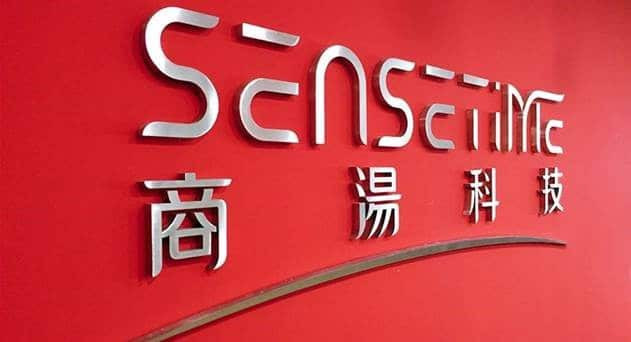SenseTime Group, Ltd., one of China's biggest artificial intelligence companies, plans dual initial public offerings in China and Hong Kong within the next three years, Caijing magazine reports quoting people familiar with the plan.
Sources said the company was in talks with brokers. A SenseTime representative declined to comment.
Sensing The Valuation Bubble
This summer there were rumors that the 6-year-old unicorn was seeking a $1 billion to $1.5 billion funding round for listing in Hong Kong this year. The company was estimated to be valued at $10 billion then, according to Bloomberg News and Reuters reports.
SenseTime claims to be the world's most-funded artificial intelligence pure-play with the highest valuation and boasts a number of technological breakthroughs including the first-ever computer system to achieve higher detection accuracy than human eyes, according to its website.
The world's first artificial intelligence unicorn has increased its valuation over the years while taking in a lot of investment. Within six years, it has reportedly raised $4 billion in funds - beyond three competitors Megvii Technology with $1.35 billion, YiTu Technology with $400 million and CloudWalk with 3.5 billion yuan ($530 million).
SenseTime's latest fundraising brought in $1 billion from SoftBank Group Corp.'s Vision Fund in 2018, which lifted its valuation to around $6 billion. Earlier in that year it raised $620 million from Fidelity International, Hopu Capital, Silver Lake and Tiger Global. It also received $600 million in funding led by Alibaba Group Holding, Ltd.
The money was spent on semiconductors, developing an artificial intelligence chip that would complement products by its partner Nvidia, SenseTime CEO Xu Li said at a Bloomberg conference at the time.
"As the company was valued too highly before, the fundraising this year has been an incredible challenge and a lot of investors don't think it's good timing to pour in capital," a source told Caijing magazine. "The company's current valuation is at $9 billion."
Investment fever in the artificial intelligence sector has been cooling this year - there were 305 fundraisings with 24.33 billion yuan raised. In 2018 there was 66.71 billion yuan raised in 523 applications, according to data service provider Qimingpian.
Time For Smart Cities
SenseTime said its deep learning and computer vision technologies had been deployed by more than 1,100 customers internationally in education, health care, smart cities, automotive, communications and entertainment, according to the company's website.
Among all its revenue streams, smart city technologies appear to be the company's most profitable. As of 2019, the smart city division made 1.664 billion yuan in revenue - an increase of 147% year on year and accounting for 32.9% of all revenues.
Management expects smart city business revenues to reach 4 billion yuan by the end of 2020, according to the internal portfolio.
Through the use of technologies including artificial intelligence surveillance systems and facial recognition features, SenseTime said it had worked with local governments on smart city projects that collect data to improve management of assets, resources and transport.
The technology has been introduced in 127 China cities as of 2019 and the company plans to move into second- and third-tier cities, according to the internal portfolio.
Analysts said that despite good prospects, smart city projects cost a lot and development often takes as long as three years.
In the past year, China saw up to $20 billion spent on developing smart cities across the nation and the year-on-year increase in smart city development is estimated to be 15% of the total smart city business, according to research firm IDC.
According to the internal portfolio, SenseTime saw 5.06 billion yuan in revenues in 2019 with 43% in gross margin - lower than competitors Megvii Technology at 64.6% and YiTu Technology at 63.9%.





